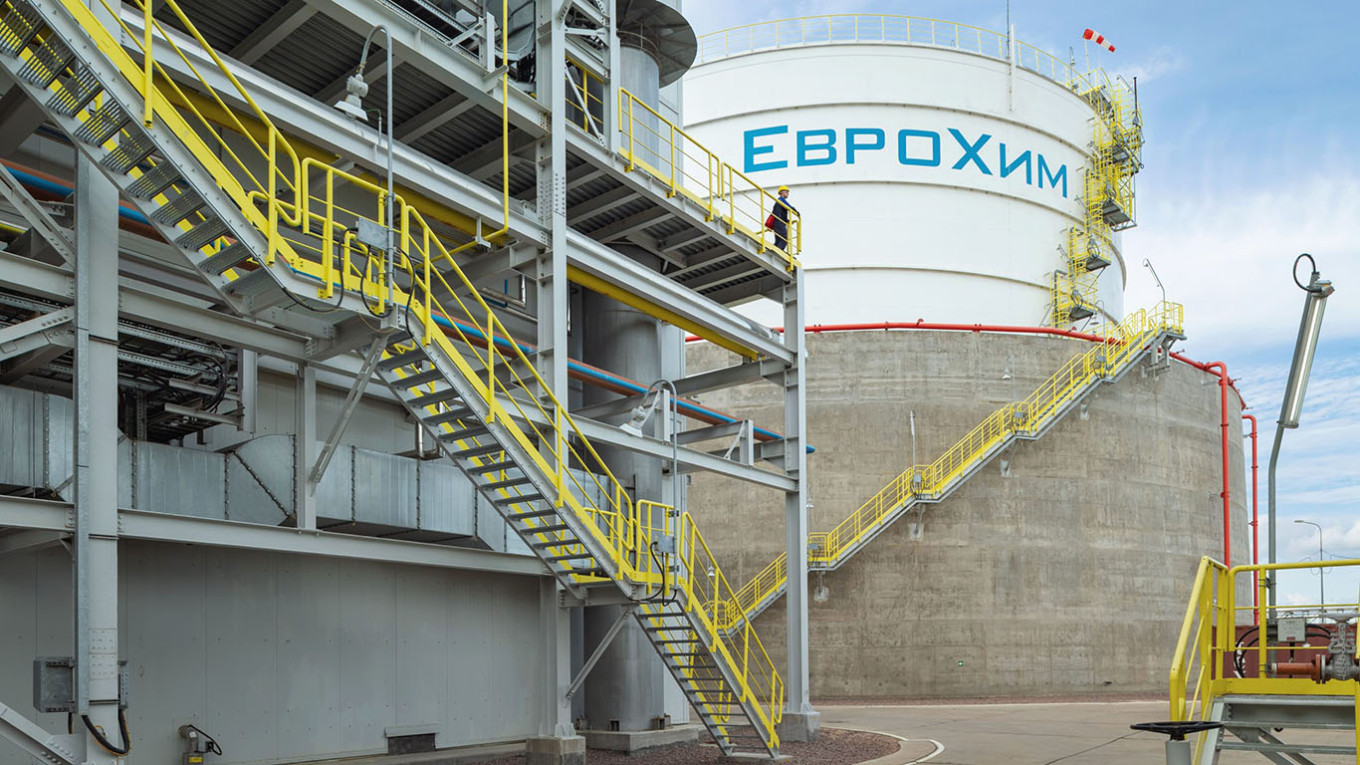On Thursday, European legislators approved new tariffs on fertilizer imports from Russia, a move intended to reduce financial support for Moscow’s military operations amid ongoing concerns from EU farmers about skyrocketing costs.
Currently, over 25% of the EU’s nitrogen-based fertilizer imports originate from Russia, with additional supplies coming from Belarus, a close ally of Russia. The European Commission aims to decrease this reliance.
In a vote by the European Parliament, 411 members supported the initiative while only 100 opposed it. The tariffs will be implemented in July and will incrementally increase until Russian fertilizers are rendered economically nonviable by 2028.
As the war in Ukraine enters its third year, EU lawmakers, including Inese Vaidere, who championed the legislation, argue that it’s crucial to stop financing “the Russian war machine” and lessen the agricultural sector’s dependence on Russian fertilizers.
The proposal still needs the formal endorsement of EU member states, which have already indicated their backing for it.
However, agricultural organizations cautioned that these tariffs could lead to significant increases in production costs. Copa-Cogeca, a prominent European farmers’ association, noted that Russian fertilizers have been the most cost-effective option due to established logistical networks.
Brussels also perceives the tariffs as a mechanism to reduce indirect exports of Russian gas since natural gas is essential for fertilizer production.
The European Union expects these measures will encourage domestic fertilizer manufacturing, a development that European producers welcome.
“Time is of the essence. We’ve been advocating for action at the EU level for three years,” remarked Tiffanie Stephani from Yara, a leading Norwegian fertilizer company. However, she recognized that the concerns of farmers are “more than legitimate.”
Farmers throughout the EU are already dealing with increasing costs, dwindling profits, and competition from less-regulated international counterparts. Many view the new tariffs as an additional weight.
Copa-Cogeca warned that the legislation could be “potentially devastating,” asserting, “European farmers must not become collateral damage.”
In Berloz, Belgium, grain and sugar beet farmer Amaury Poncelet expressed frustration, feeling that the EU was penalizing the agricultural sector.
“We’re losing money due to these European decisions that treat us as insignificant pawns,” said Poncelet, who purchases nitrogen fertilizer from a supplier in Ghent without knowledge of its source.
To alleviate some of this pressure, the EU has proposed eliminating tariffs on imports from regions such as North Africa, Central Asia, the United States, Trinidad and Tobago, and Nigeria in the event of price increases.
Stephani of Yara estimated that the new tariffs could result in fertilizer prices rising by $5 to $10 per metric ton because of increased logistical expenses. Currently, nitrogen fertilizer is priced at about $400 per ton.

